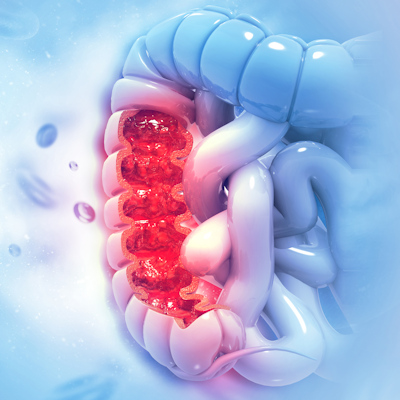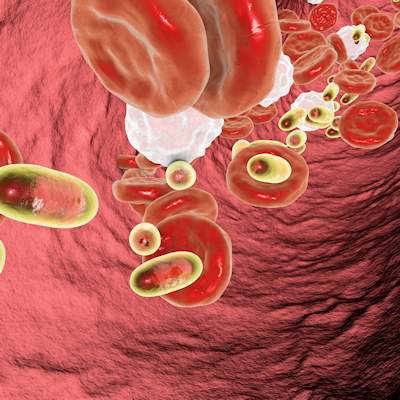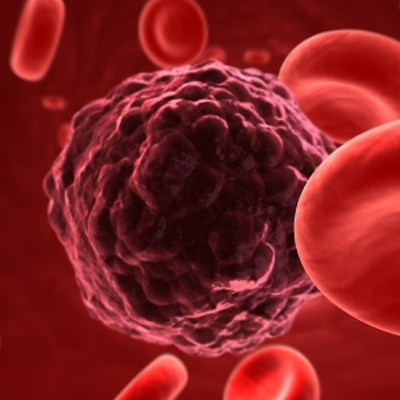October 28, 2022 -- University of Chicago (UChicago) researchers are using tiny molecules called advanced nanoparticles to deliver compounds that suppress tumor growth and metastasis. The study, published October 27 in the journal Nature Nanotechnology, holds promise for treating difficult cancers.
Nanoparticles can be built with different materials in various shapes -- including crystal-like structures or capsules with enclosed contents. Nanoparticles' irregular vasculature helps trap their drugs within tumors, precisely where needed. The researchers formulated an advanced nanoparticle that carries a bacteria-derived compound to target STING (stimulator of interferon genes complex) -- a potent immune system pathway.
The new particles, called nanoscale coordination polymers (NCPs), have a non-toxic zinc phosphate core surrounded by lipid layers and can be engineered for controlled release. The researchers loaded the NCPs with the nucleotide cyclic dimeric adenosine monophosphate (CDA) -- a bit of DNA bacteria generated when invading a host. Its appearance, via either infection or nanoparticle, triggers the STING pathway and the host's immune response.
This immune response suppressed tumor growth and prevented metastasis in several cancers. It disrupted endothelial cells in the tumors' blood vessels, increasing CDA deposition. Further, macrophages that infiltrated tumors had an enhanced ability to present antigens marking them for attack. Both pancreatic tumors and gliomas became more susceptible to treatment.
UChicago professor and co-author Dr. Ralph Weichselbaum said in a statement that there is currently an unmet medical need to treat intractable tumors.
"That's the brilliant part of these nanoformulations. We were able to encapsulate a STING agonist that is extremely potent and promotes both innate and adaptive immunity," Weichselbaum said.
Co-author Wenbin Lin, PhD, chemistry professor at UChicago, formed the startup Coordination Pharmaceuticals to develop NCPs.
"The technology is versatile, and we are exploring ways to optimize formulations to take more NCP candidates into clinical trials," Lin said.
Copyright © 2022 scienceboard.net











